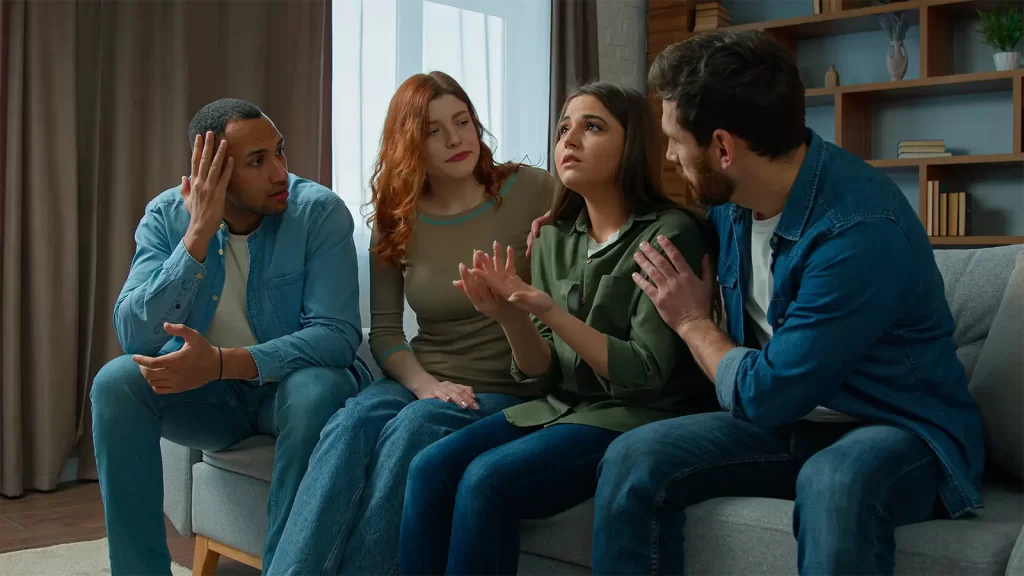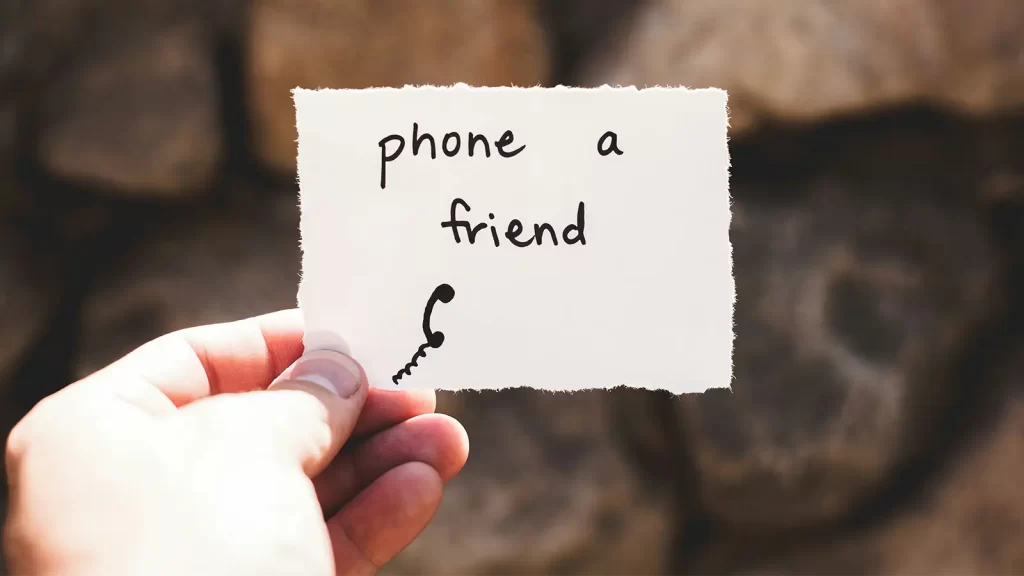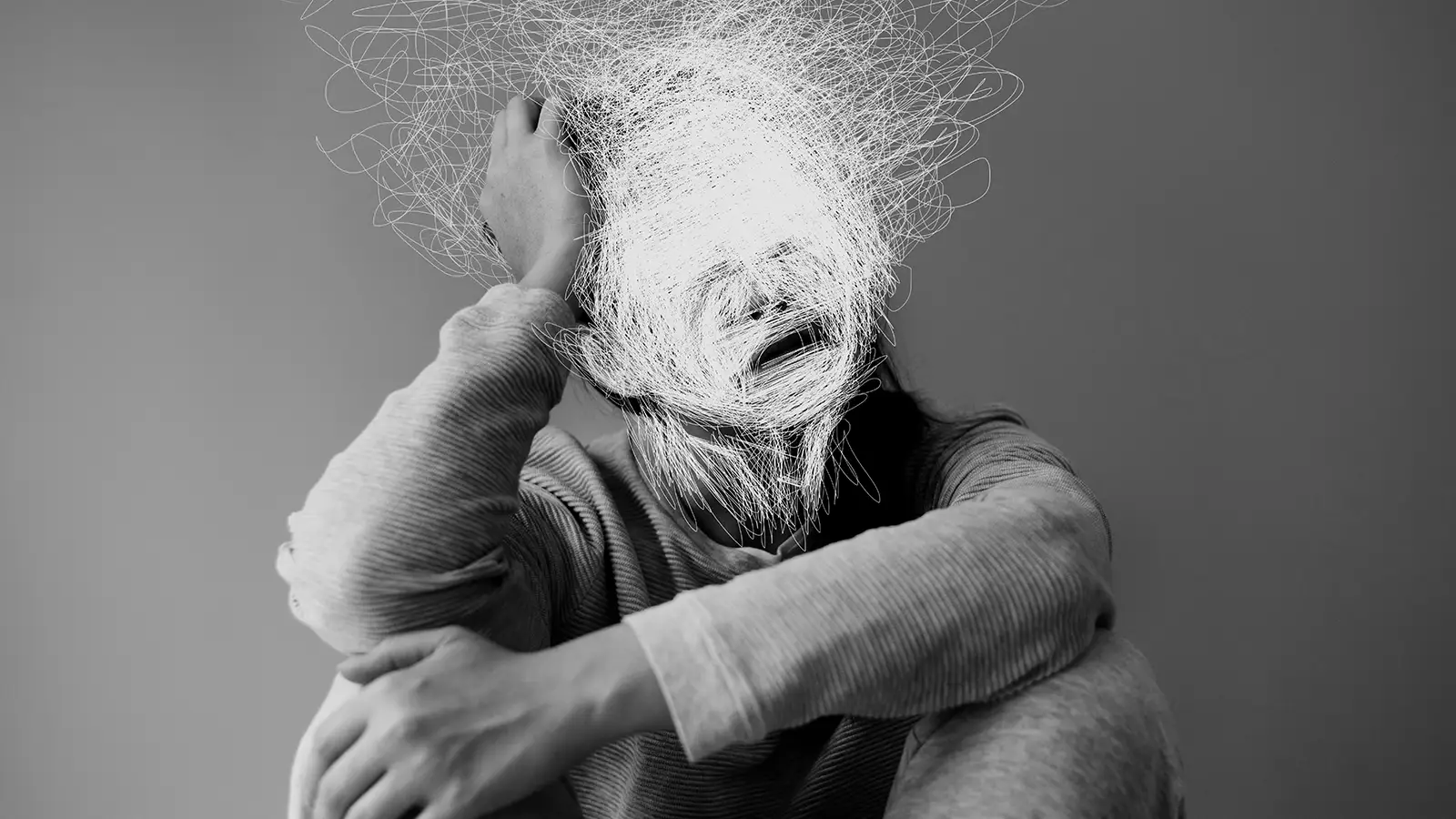There was a time when talking about mental health was almost a sin. Our grandparents and parents grew up in a world where expressing sadness, anxiety or depression was synonymous with weakness. “You just need to work harder!”, ‘You can get rid of that with a cup of coffee and a smile!’, ‘Nobody here has time to be sad!’, were common phrases, repeated over and over again, generation after generation.
But something changed. Our generation – and even more so, the younger ones – is making a difference. Today, talking about mental health is no longer taboo. On the contrary: it’s a priority. A necessary conversation at the family dinner table, at work, among friends, and above all, with oneself.
Before it was kept quiet, now it is shared
For many years, strong emotions were repressed. If you were a man, “you had to be strong”. If you were a woman, “you had to suck it up”. And if you were a child, “Don’t cry, big children don’t cry! Those ideas were sown with the best of intentions – no one did it for evil – but they left invisible wounds.
Our parents and grandparents grew up without the emotional tools we have today. They didn’t know terms like “social anxiety,” “burnout” or “emotional boundaries.” They did the best they could with what they knew. But that also left us with a difficult emotional legacy.
Today we understand that crying is not a sign of weakness, but of strength. That asking for help is courageous. That going to therapy is not for “the crazy ones”, but for those who want to know themselves, grow and heal.
In the family: healing what was not named.

New generations are teaching us to have uncomfortable, but necessary conversations. For example, talking to mom about how certain comments affect our self-esteem. Or with dad about how we felt when he was not present. Not from the complaint, but from the desire to understand and build healthier relationships.
Many times, healing means breaking patterns. It means setting limits with love, saying “this is not good for me” without feeling guilty, and stop pleasing everyone so we can take care of ourselves.
We are also learning to parent differently. To say to our children, “It’s okay to be sad,” “Do you want to talk about how you feel?”, “I’m with you.” Mental health starts at home, with small daily actions full of empathy.
At work: beyond “success”

In the past, the idea of “being successful” was to work non-stop, regardless of physical or emotional fatigue. The person who never asked for days off, who arrived first and left last, was applauded. But that came at a price: anxiety, chronic stress, insomnia, and in many cases, depression.
Today, many companies are beginning to understand that a happy and emotionally healthy employee performs better, is more committed and creative. The words “wellness,” “balance” and “mental health” are already appearing in human resources handbooks.
Some companies even offer personal days off, access to therapy or safe spaces to talk. It’s not perfect yet, but it’s a big step forward.
In addition, more and more people are choosing to be entrepreneurs, work from home, or look for jobs that allow them to live with less stress. It’s no longer all about money or status. The priority now is well-being.
The role of social networks: ally or enemy?
Social networks have been a mixture of light and shadow. On the one hand, they have made mental health issues visible, connected us with communities that share our struggles, and allowed psychologists, therapists and emotional coaches to reach thousands of people.
But they can also be a source of anxiety, comparison and pressure. Seeing “perfect lives” all the time can make us feel inadequate. That’s why it’s important to consume content with awareness, follow accounts that nurture rather than affect, and remember that real life is much more complex than an edited photo.
Healing is urgent… and possible
Sometimes we think that emotional pain is something that we simply have to “endure”. But just as when we have a toothache we go to the dentist, when our soul hurts we must also seek help.
Healing is not linear. Sometimes you move forward and then backward. Sometimes we smile while inside we cry. But the important thing is to know that we are not alone, that there are more and more resources, more professionals, and more people willing to listen.
Talking about mental health does not make us weak, it makes us human. And taking care of our mind, as well as our body, is an act of self-love.
Small steps that make a difference

If you don’t know where to start, here are some ideas:
- Talk to someone you trust. Don’t underestimate the power of an honest conversation.
- Seek professional help. A psychologist or therapist can give you life-changing tools.
- Pause. Listen to your body. If you need to rest, do it without guilt.
- Create a routine that is good for you. Sleep better, eat well, move around a bit, connect with you.
- Allow yourself to feel. Everything doesn’t have to be right all the time. And it’s okay not to be okay.
With love, to a generation that decided to heal.
We are living in a historic moment. We are part of a generation that chose to look inward, break emotional chains and heal. It is not easy. It takes courage. But it is profoundly transformative.
And if no one has told you today: you deserve to be well, you deserve to heal, you deserve to live in peace. You are not alone. Here we are, learning all together to be more human, more empathic and more free.
With love, Your friends at LRB who are also healing 💛








































Leave a Reply